Infection and Immunity nieuws
Oct 13: New research: HIV cure for the group hit hardest
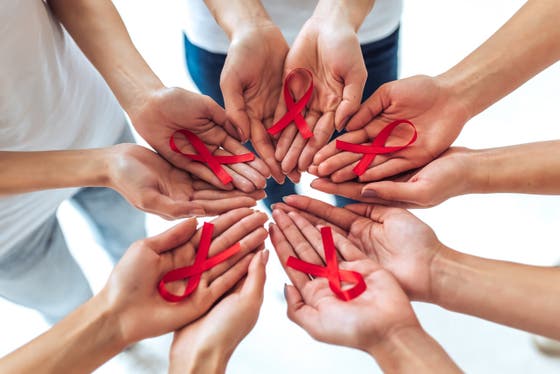
A solution to the HIV epidemic for the people hardest hit by it: sub-Saharan women. That is the goal of collaborating Dutch and African scientists. The Netherlands Organization for Scientific Research (NWO) and the AidsFonds together recently granted more than 6 million euros to finance their plans for the SPIRAL project.
Read moreSep 28: New method improves tracking of AMR plasmid dissemination
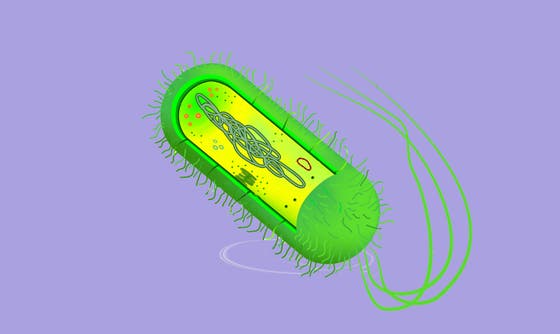
In his PhD thesis, Julián Paganini (UMC Utrecht) developed a new approach to identify plasmids, mobile genetic elements that can transmit antimicrobial resistance from one bacterium to another. This new method has shown to be accurate when reconstructing plasmids of more than 70 bacterial species and has the potential to aid in identifying and tracking AMR in clinical settings at lower costs.
Read moreJeanette Leusen appointed as Professor of Antibody Therapy
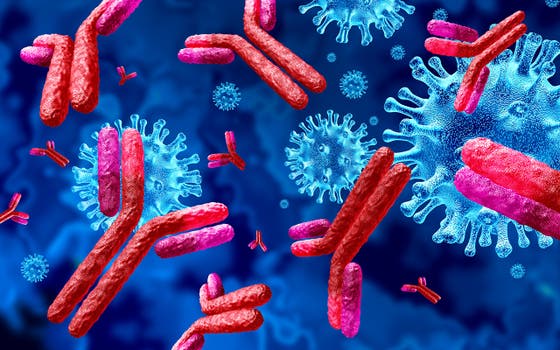
Immunologist Jeanette Leusen PhD (Center for Translational Immunology, UMC Utrecht) has been appointed as Professor of Antibody Therapy as of September 15th 2023 at Utrecht University/UMC Utrecht. The chair will be placed in the strategic research programs Infection & Immunity (research theme ‘developing immune-mediated therapy and prevention’) and Cancer (research theme ‘molecular and cellular science & therapy’).
Read moreSep 21: Optimizing management of atopic dermatitis: results from real world studies
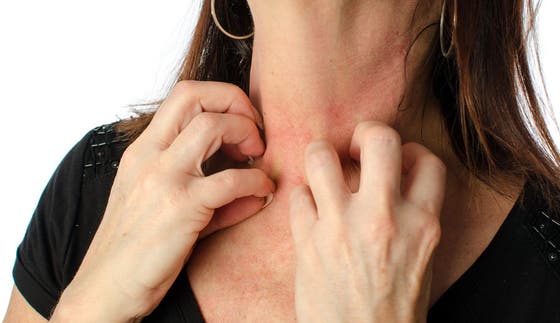
Moderate-to-severe atopic dermatitis results in considerable disease burden with average costs estimated at € 15 thousand per year. Treatment with the monoclonal antibody dupilumab resulted in a rapid and sustained reduction of work absenteeism and associated costs. In difficult-to-treat patients dupilumab significantly reduced disease severity, improved quality of life but also increased the risk of developing conjunctivitis. These were the main findings of the PhD work by Lieneke Ariëns (UMC Utrecht) who defended her thesis on September 21, 2023.
Read moreSep 21: NWO-grant for research on inhibitory receptors
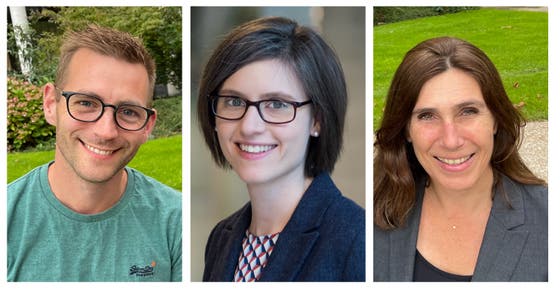
Prof. Linde Meyaard PhD and Michiel van der Vlist PhD (Center for Translational Immunology, UMC Utrecht and Oncode Institute for cancer research), in collaboration with Kristina Ganzinger PhD (AMOLF, Amsterdam), have received a NWO ENW-M2 grant of € 740,100. With help of this grant, two PhD students (one of each applicant) will collaborate to elucidate how inhibitory receptors initiate and relay their signals to dampen activation.
Read moreSep 18: One-for-all treatment insufficient to prevent implant-associated S. aureus infections
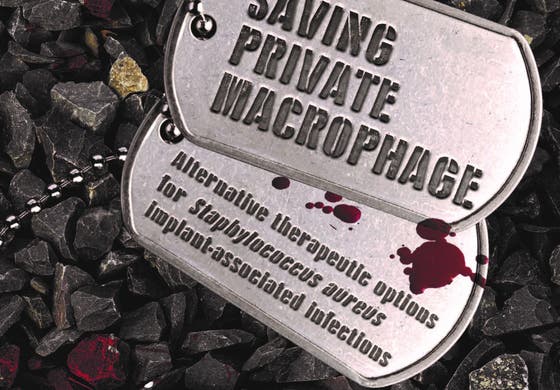
Individual strategies to support macrophages were not sufficient to prevent implant-associated infections due to Staphylococcus aureus. However, a combination of interventions as well as supporting other immune cells may be successful in this respect, concluded Leonardo Cecotto (UMC Utrecht) in his PhD thesis that he defended on September 11, 2023.
Read moreHow do immune cells recognise cancer?
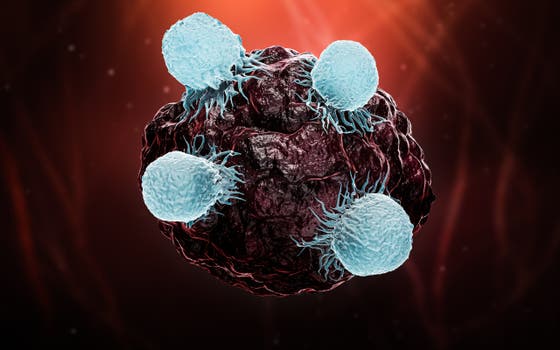
UMC Utrecht unravels how immune cells recognise and battle cancer.
Read moreUMC Utrecht investigates the link between RSV infection and chronic respiratory tract disease

UMC Utrecht will lead an international consortium that will try to answer a key question that’s in the mind of many pediatricians, infectiologists, pulmonologists and other health professionals: “Why are children that had an RSV infection in early childhood at increased risk of developing asthma later in life?”
Read moreUMC Utrecht coordinates European study on the use of artificial intelligence in the management of rheumatoid arthritis
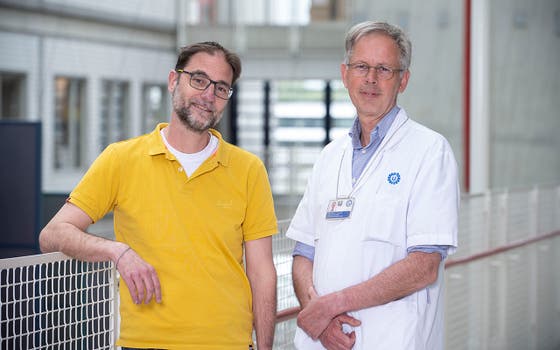
UMC Utrecht has received a large European grant to coordinate an international study that will investigate the use of computational models as a decision aid in the management of difficult-to-treat rheumatoid arthritis.
Read moreJul 3: Half a million euros for research on rheumatoid arthritis vaccine
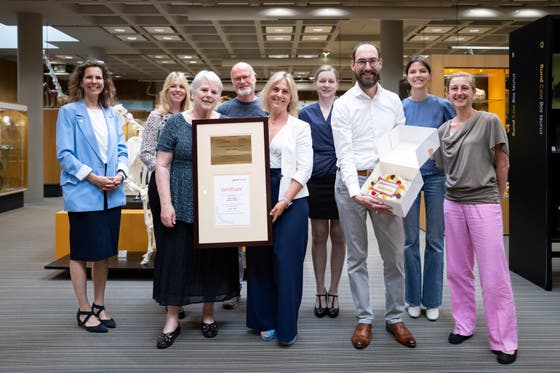
ReumaNederland is making €500,000 available to Utrecht University, UMC Utrecht and Radboudumc for follow-up research into a vaccine against rheumatoid arthritis. Such a vaccine should 're-educate' the immune system, so that no more of the body's own joint tissue is damaged as happens in patients with rheumatoid arthritis. This research is part of a so-called 'long-term program line' of ReumaNederland.
Read more